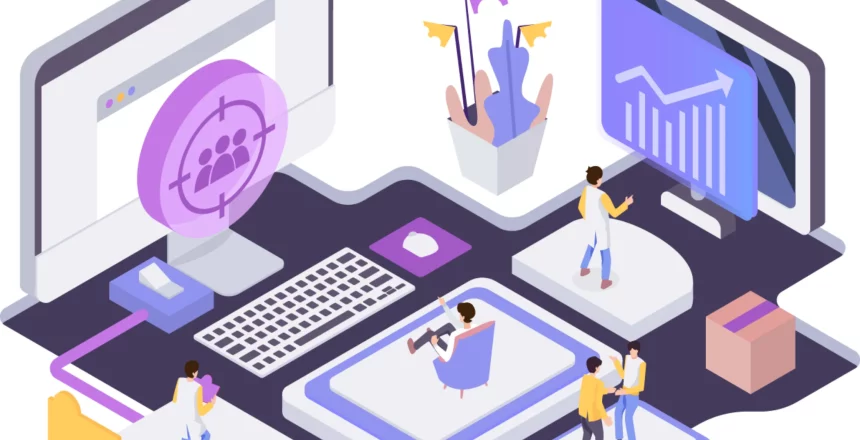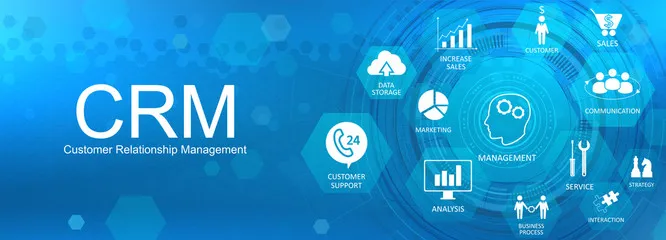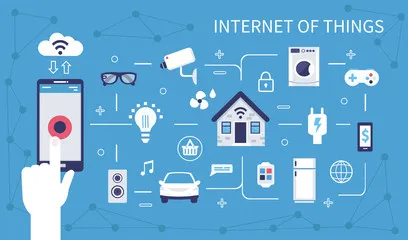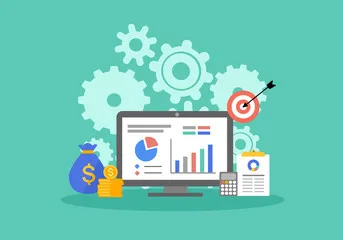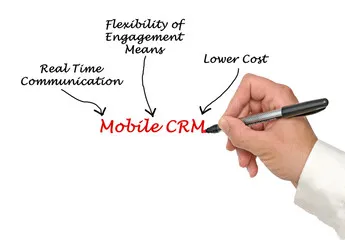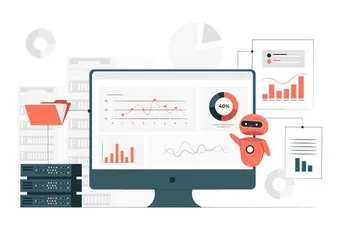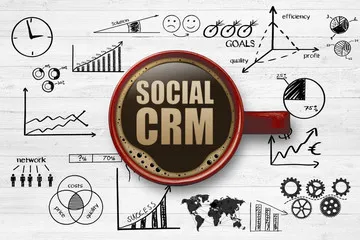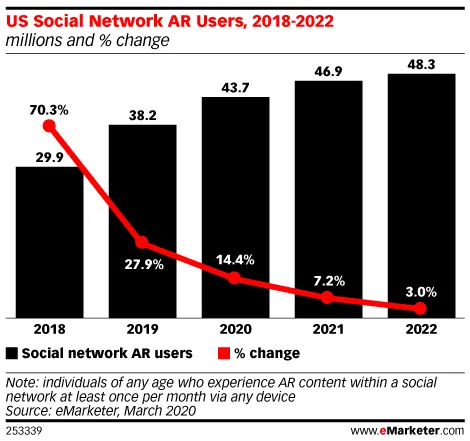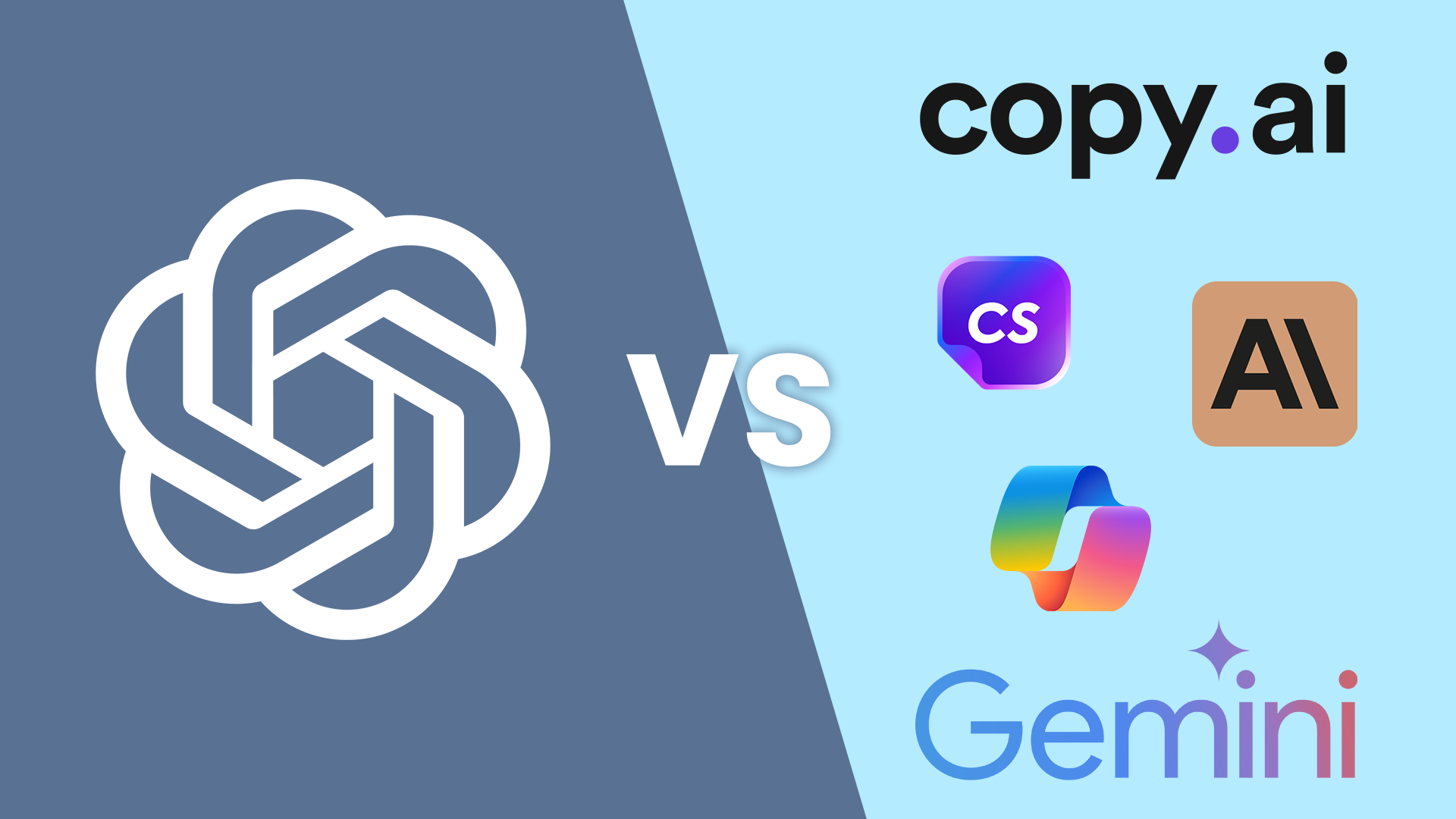CRM is an exciting and innovative industry that has been around for about 50 years. It created the first-ever customer relationship management (CRM) technology, which sparked more innovation in this space to keep up with how customers want their information delivered back to them instantaneously.
The global market valued these businesses at $47 billion last year – but there are even brighter things ahead as projections say it will reach a whopping $113 by 2027.
Image Source : Adobe Stock
The new tools developed to help companies achieve customer acquisition can be found in CRM. CX and satisfaction go hand-in-hand with modern business; however, there’s more than just meeting a customers’ needs for this type of relationship nowadays.
To stay ahead – both financially and technologically- we need precision when providing what they want from us so it will feel like getting an excellent experience instead.
The future of CRM is exciting. New trends come up every year, but it’s essential to keep track so you can plan and gain an edge over your competition.
From chatbots that take on a customer service role in place of humans or software programs used for sales tracking, let’s explore what are the Top CRM Trends 2021 and beyond!
Table of Contents
What are the top 10 technology trends shaping CRM software in 2021 and beyond?
1. Voice Technology
Image Source : Freepik
With the introduction of new technology, like Alexa and other voice-activated hardware (Voice Assistants), into our everyday lives, inevitably, businesses will soon follow.
Customers are getting comfortable with conversational AI, which means CRMs must do to keep up these high standards for customer experience.
According to Adobe’s recent survey on voice technology, 94% of users consider voice tech not only accessible and engaging but also to improve their quality of life.
That means that CRM tools will evolve significantly through integration into these technologies- highly relevant considering workplace mobility continues shifting from physical desks toward virtual workspaces where employees can operate remotely.
CRM systems are becoming more and more voice-enabled. Virtual assistants in these CRMs can manage data, update teams on customers’ needs or wants with real-time updates for a quicker close. Soon, you will see an increase in usage of these virtual assistants alongside hardware that supports them within business processes and interfaces.
2. CRM’s Integration with IoT
Image Source : Adobe Stock
IoT is the internet of things, and it can be used to describe a networked system made up of physical objects, which link together with sensors, scanners software.
It’s predicted that by 2025, there will be more than 64 billion IoT devices worldwide. These interconnected machines can send data about maintenance and product updates and have the ability to feed this information into a CRM system for further analysis of your business needs.
One of the primary purposes for connecting digital and physical worlds is exchanging information. There have been some exciting innovations like CRM integrations and IoT tech that allow companies to make life easier on their end.
IoT technology is a powerful tool for the service industry to use. By implementing IoT and smart devices, businesses can monitor customer needs in real-time instead of waiting on cold calls from customers who have already been serviced by someone else at some point during their visit.
This data can improve customer satisfaction rates among current clients while retaining new ones with proactive solutions.
These sort of advanced solutions eventually drag on cost efficiencies and greater visibility. As more and more of us have become mobile, the need for efficient IoT solutions has grown exponentially.
3. CX is the King!
Image Source : Adobe Stock
The customer experience is transforming CRM. That’s true for both companies that use it and customers themselves, as they all continue to shape what CRMs will look like in years ahead, with their preferences shaping how these products are designed and developed.
Usability has always been a challenge when implementing software into an organization with a unique user interface and easy-to-use technology.
According to a Forbes and Salesforce survey, in the next three years, 65% of the executives have mentioned that CX is on their top-five list priorities.
Experts predict that CRM softwares will soon evolve to be more intuitive and simpler, making data easier for sales teams.
We may also see new features in the software itself which make it easy on your customers’ behalf when they need help or want you to contact them right away.
The future of customer service is now more accessible than ever before. With CRM systems becoming easier to use, companies can also be expected to produce improved and personalization of customer experience that meets the needs of each client.
These tools will allow businesses to access content tailored specifically for your desired outcome and guide you deeper down the marketing funnel with targeted advertising campaigns – all without any hassle on their end.
4. AI-Powered Analytics in CRM
Artificial intelligence is quickly becoming a trending topic in many industries, and CRM won’t be exempt. It can bring automation to the table with its ability to automate time-consuming tasks that will increase efficiency for service agents–especially at customer support centers.
The next-generation CRM trends will be powered by artificial intelligence, harnessing the power for predictive analytics.
The technology fuels these forecasts out of the data it collects. Through AI-powered CRM tools, marketers can provide insights on what customers are doing right now – identifying buying patterns in real-time, leading to conversions down the road.
In the near future, AI-powered CRM chatbots will use data points to anticipate questions from customers and make predictions about additional details they may need.
This assists service agents in being more diligent about resolving customer issues with a higher degree of accuracy than before.
People are gradually moving away from the old way of doing things and adopting automation in one place.
Marketing Automation will soon take over many business-to-business sales processes, replacing long discussions with a representative for basic operations such as sending confirmation emails after purchase or deals on new products; it’s just another step towards efficiency.
5. Top CRM Trends in Banking
Image Source : Adobe Stock
CRM software for financial services firms helps companies better understand their customers by giving them access to all customer interactions, communications, and experiences in one place.
If not done right from the get-go, this can be a costly and time-consuming process with CRMs that are fully integrated across channels at your company’s earliest stages when you’re starting, but it’s worth every penny.
The process is so sophisticated that customers no longer need to memorize several different accounts and passwords.
They can also manage or keep track of their financial products in one App with this CRM system, all from one account.
6. Mobile CRM is Gaining Momentum
Image Source : Adobe Stock
For a decade, CRM systems remained the realm of office confinement. But with most going digital to match current trends and customer needs evolving – they’re no longer confined by physical location.
Mobile CRM is the future of business. With most people going ‘work from home,’ it’s more important than ever to stay connected and organized on mobile devices or laptops.
This trend comes with portable devices like tablets because professionals can work beyond 9-5 hours when they’re not in an office setting.
Mobile CRM trends are a great way to stay connected with your customers on the go. The ability to open and share files wherever you are, not just make phone calls but also access dashboards for viewing important information about them, makes this tool more valuable than ever before.
You also can respond quickly to customer service cases by accessing them automatically on all platforms.
7. Analytics & Data-driven CRM
Image Source : Freepik
The success of customer interaction relies on data that drive personalized customer service. This is where CRM technology comes in and makes it easier for businesses to gather information about leads, contacts with systems applying real-time information updates whenever possible.
Big Data also assists by facilitating continuous flow processes leading up through your pipeline so you can be sure every lead or prospect gets just what they need from the beginning until the end.
Advanced analytics and CRM systems go hand in glove. For example, companies want the most reliable details about how their sales pipeline works; what leads to churn or satisfaction for consumers.
They need this information now because many SMEs view advanced stand-alone analytical platforms as necessary tools that will help them achieve data-driven customer engagement and stay ahead of competitors while improving efficiency across departments.
8. Social CRMs are on the Rise
Image Source : Adobe Stock
Social CRM integrates social media platforms such as Facebook and Twitter into a customer relationship management (CRM) platform to gain a compelling analysis of what people post about your company while also understanding brand perception.
Social CRM benefits include better insight when looking at posts and seeing how potential customers feel toward specific products or services offered by your business overall.
Social CRM is a powerful tool for companies to engage with their community and build more relationships.
One way it can be used, as businesses use social media channels such as Facebook or Twitter on the campaign trail–responding efficiently and thoughtfully when someone posts about them in public forums.
This information can be used to develop products that are more tailored toward the needs of specific demographics, leading them down a more accessible path towards success.
Social media is a great way to generate leads and attract new customers. They offer an ROI that is higher than any other marketing platform, which makes them worth your time.
9. Customer Journey powered by Immersive Technology
Image Source : Freepik
Virtual Reality (VR) and Augmented Reality (AR) are quickly becoming a reality in the retail sector, with several companies starting to use smart mirrors or virtual reality for browsing products.
The immersive technologies have even given CRMs an edge over other customer engagement tools by effectively connecting them directly with customers through these innovative platforms in online stores without any physical store presence.
The future of marketing is more advanced than ever before. With CRM platforms integrating AR and VR, companies have access to an immersive experience that can significantly enhance the buyer journey for their products or services – making conversion success all that much easier! These technologies are vital in transforming how people buy things today; it’s time you take advantage as well, so be sure not to miss out on what could potentially make your company millions overnight.
The numbers are staggering! It’s expected that by the year 2022, there will be close to 50 million social network AR users in the US, according to eMarketer‘s March 2020 forecast.
Image Source : eMarketer.com
Augmented reality offers the potential to improve sales training and coaching by providing real-time insights that employees can use in their hands-on applications.
The same hardware could be used as a remote assistance tool for those who need it, improving efficiency further.
10. Younger Generations are the New Customer Base
Image Source : Adobe Stock
Shortly, we may experience a massive shift in how businesses are run. More and more companies will be technophobic as millennials enter their workforce alongside generations after them who have entered adulthood with an emphasis on technology skills already ingrained into them at school or home life (Gen Z).
This means that these technologies like CRM systems help optimize efficiency through innovative technology like customer Relationship Management (CRM).
The share of Gen Z as CRM users is set to rise by 2021, especially when many young professionals scale the ladder in their field. According to Connecteam, Gen Z will make up 40% of all US workers and consumers by that time.
One of the current CRM trends is the enormous growth of the gig economy benefited by freelancers. As freelancers continue to grow in number, it makes sense that they would be interested in using CRM.
Freelance platforms such as Upwork provide a variety of features and functionalities which can help freelancers manage their work more efficiently while also connecting them with potential clients who may need what these skilled individuals offer – a win-win situation.
That’s a Wrap
Keeping ahead of the Customer Relationship Management trends is important because you will know what to look for while choosing the right CRM software for your company. In 2021 automation is predicted to be at an all-time high!
CRM systems can save organizations time and money, but it is only possible if they are correctly used. By integrating within the CRMs system, an organization will provide a higher level of support for their customers through meaningful insights into what people want from these platforms.
If you’re looking for a CRM that will stay ahead of trends and keep your company up-to-date, NPEC is an excellent place to start. You can consult us now – absolutely free with no obligations whatsoever!
Frequently Asked Questions
1.What does the future of CRM look like?
The future of CRM is bright. Leading experts see it evolving to measure and inform sales enablement, customer engagement and play a tremendous role in the success of your business – all while reporting critical data and providing insights for future actions for you.
2.How big is the CRM market?
According to Business wire, the Global Customer Relationship Management Market is projected to reach $94.4 billion by 2027, with an expected growth rate of 11% over the next few years.
